As Israeli attacks on Gaza continue, a battlefield is emerging within the virtual world: a war of hashtags.
When I arrived to work in Gaza City on July 8, my colleague said to me, jokingly: “Why did you bother to come? You should have stayed home.” I was really surprised and wondered what the reason was for his rather awkward greeting. He explained: “Israel has declared war on Gaza.”
That moment was the last day I went to work. From that point on, we knew that we were being sucked into yet another cycle of conflict — the same cycle we lived through in 2008-09 and 2012. This current round of violence has been dubbed “Operation Protective Edge.” Ever since its inception, news channels have become our best friends.
Being forced to stay at home 24/7 and only watching the news — local and international — has allowed me to focus on the different stance each news agency takes and the terms it uses. When listening or reading international news, one keeps hearing the phrase: “Israel has the right to defend itself.” This statement alone is one of the main reasons no actions have been taken by the international community against Israel for war crimes it committed in the first two wars. Because of those same reasons, Israel has stepped up with yet another bombardment of Gaza.
The term “defend” has so far held its dictionary meaning when it comes to Israel’s actions, but when it comes to the context of Gaza and Palestine, it holds a totally different concept. As long the people in power don’t push to establish the right of Gaza to defend itself against the land, air and sea blockade, the definition will only apply to Israel, leaving Palestinians in an empty circle of appeals for the Israeli government to ease the siege. Acknowledging the right of Gaza to defend itself would push the international community to take actions to defend Palestinians against crimes perpetrated by Israel.
Operation Protective Edge is more brutal and aggressive than the last two military campaigns. This time the general feeling of everyone in Gaza is that there isn’t a single safe place. No one is safe — absolutely no one. The word “civilian” doesn’t mean anything to Israel anymore. The brutality of its attacks have showed not only Palestinians — what they already knew — but also the international community that Israel is not what the world thinks it is.
The Power of Social Media
With this war, the term “state terrorism” has started to accompany the name of Israel more than before, and the key reason is the power of social media. Every person with a cellphone and an Internet connection in Gaza keeps his or her virtual followers and friends updated with what is going on.
As the world struggles to learn the different meanings of “defend” and “terrorism,” my little brother and sister keep asking themselves the same question every day: “Was that the sound of a missile or just another slammed door?”
The world has seen images and videos of entire civilian neighborhoods that have been completely obliterated by tanks and warplanes. It has seen how houses have been targeted with airstrikes, killing entire families. And it has seen how children and women have been targeted in greater numbers than ever before. The world has listened to live testimonies from witnesses on the ground.
While the term “terrorism” used to be meaningless when it came to describing Israel’s actions, the world is now reevaluating the use of this concept to describe acts committed by the “only democratic state in the Middle East.” Following the activities of several peace activists via Facebook, I have seen a gradual change in their language and the terms they have used in statements about Israel’s actions. These same activists previously used terms such as “brutal” and “aggressive,” but now Israeli “terrorism” has become more common. Such statements are now accompanied with updated pictures directly from the ground in Gaza.
The power of the hashtag is pushing the world into having its own “World Spring,” especially when it comes to the context of the Palestinian-Israeli conflict. Pro-Palestinian demonstrations around the globe are larger in numbers, and leading news outlets such as the BBC have been heavily criticized for their biased coverage of the war.
With more access to worldwide news amid advancements in new media, international public opinion is starting to remove some of the filters that gave them a false image of Israel. This is an image that served one purpose: victimizing the occupier and oppressor, and justifying the large amounts of international military aid that floods into its bank account. Israel is losing the game of social media.
The current war has confirmed Israel’s ability to cross red lines, just because it can. Israel has showed the little consideration it has for international law, which it continuously flouts. The past four weeks have been no different from the past seven years of a brutal siege, except that death is now fast and loud.
As the world struggles to learn the different meanings of “defend” and “terrorism,” my little brother and sister keep asking themselves the same question every day: “Was that the sound of a missile or just another slammed door?”
The views expressed in this article are the author’s own and do not necessarily reflect Fair Observer’s editorial policy.
Support Fair Observer
We rely on your support for our independence, diversity and quality.
For more than 10 years, Fair Observer has been free, fair and independent. No billionaire owns us, no advertisers control us. We are a reader-supported nonprofit. Unlike many other publications, we keep our content free for readers regardless of where they live or whether they can afford to pay. We have no paywalls and no ads.
In the post-truth era of fake news, echo chambers and filter bubbles, we publish a plurality of perspectives from around the world. Anyone can publish with us, but everyone goes through a rigorous editorial process. So, you get fact-checked, well-reasoned content instead of noise.
We publish 2,500+ voices from 90+ countries. We also conduct education and training programs
on subjects ranging from digital media and journalism to writing and critical thinking. This
doesn’t come cheap. Servers, editors, trainers and web developers cost
money.
Please consider supporting us on a regular basis as a recurring donor or a
sustaining member.
Will you support FO’s journalism?
We rely on your support for our independence, diversity and quality.



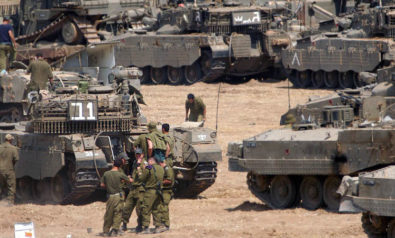
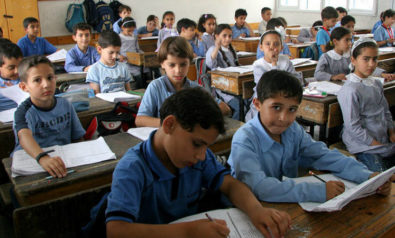

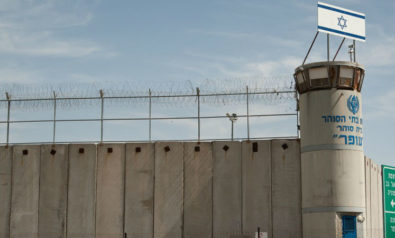
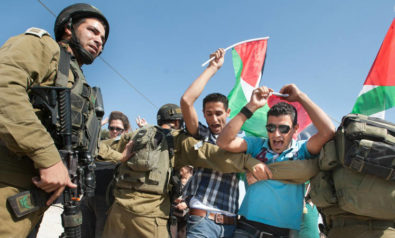
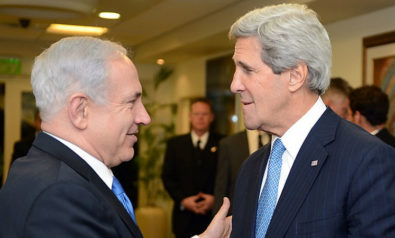
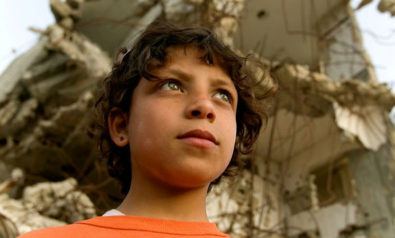

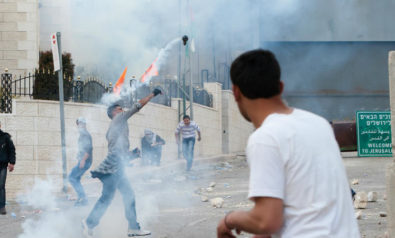
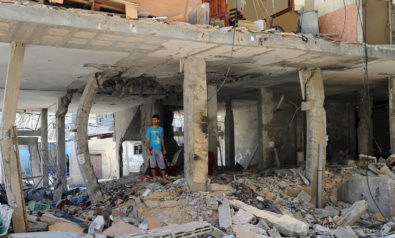
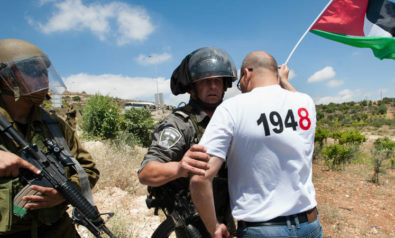
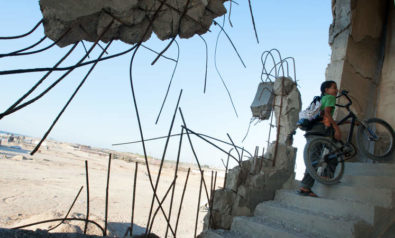
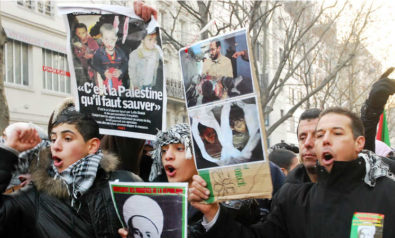
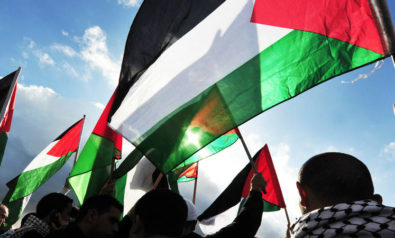

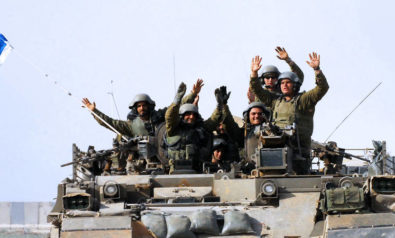
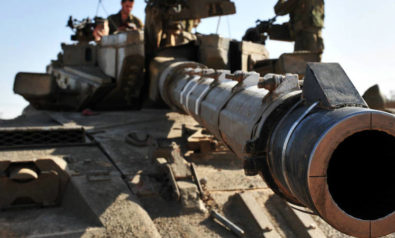
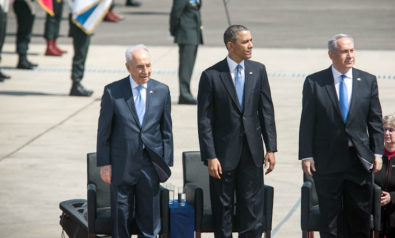
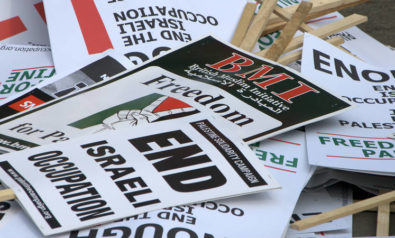
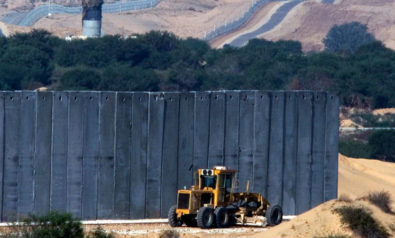
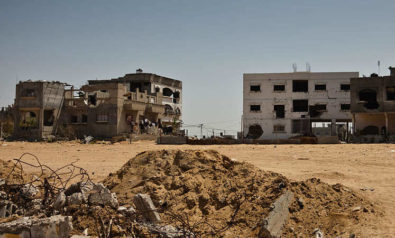

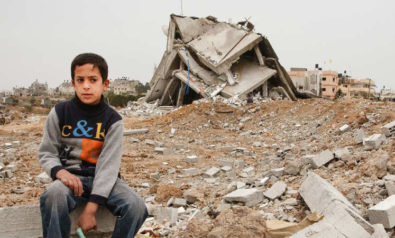
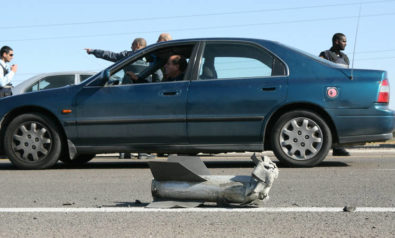
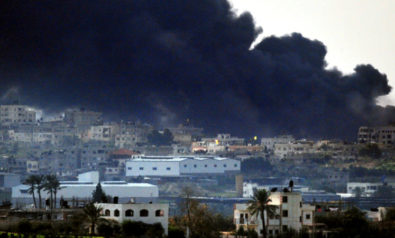
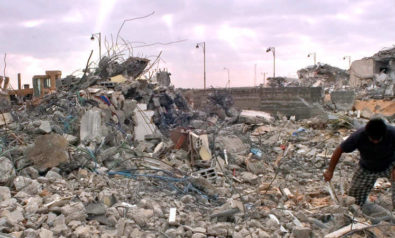
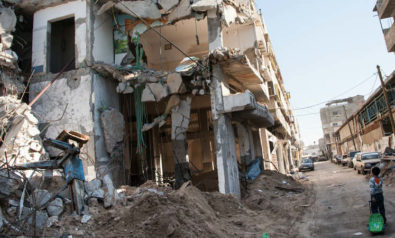
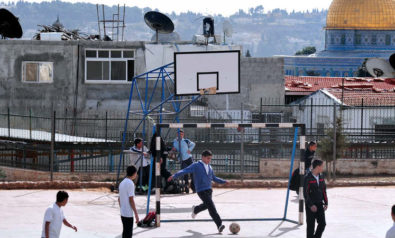

Comment